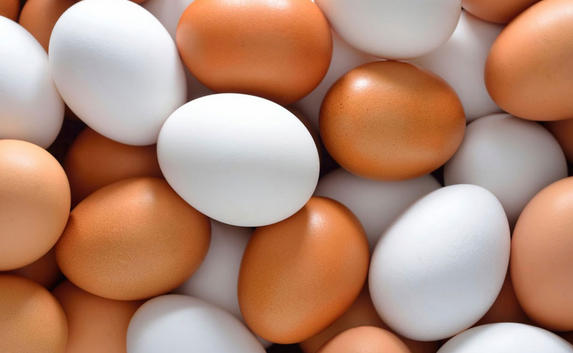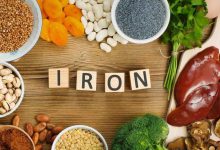biotin in egg – What do you know about it?
biotin in egg – Biotin, also known as Vitamin H, is a water-soluble B-vitamin that plays an important role in the body’s metabolism. It is a cofactor for enzymes involved in the metabolism of fats, carbohydrates, and amino acids, and helps to maintain healthy skin, hair, and nails. Eggs are a good source of biotin and play an important role in the human diet. In this essay, we will explore the role of biotin in the body, the biotin content of eggs, the benefits of biotin, and the role of eggs in a healthy diet.

The role of biotin in the body
Biotin is involved in the metabolism of macronutrients such as fats, carbohydrates, and amino acids. It acts as a cofactor for several enzymes involved in these metabolic processes, including acetyl-CoA carboxylase, pyruvate carboxylase, and propionyl-CoA carboxylase. These enzymes play a crucial role in the synthesis and degradation of fatty acids, glucose, and amino acids, respectively. Biotin also plays a role in gene regulation and the maintenance of healthy skin, hair, and nails.
Biotin is synthesized by gut bacteria and is also obtained from the diet. It is absorbed in the small intestine and transported to the liver, where it is stored. The body has a limited capacity to store biotin and therefore, it is important to obtain it from the diet on a regular basis. Biotin deficiency is rare, but it can occur in individuals with an underlying medical condition, such as Crohn’s disease, or those taking certain medications, such as anticonvulsants, which can interfere with biotin absorption. Symptoms of biotin deficiency include skin rash, hair loss, and a decrease in the quality of hair and nails.
Biotin content of eggs
Eggs are a good source of biotin and provide a significant portion of the recommended daily intake of this vitamin. A large egg contains approximately 6 to 8 micrograms of biotin, which is equivalent to 20-26% of the recommended daily intake for adults. The biotin content of eggs is influenced by factors such as the biotin content of the feed given to the laying hen, the freshness of the egg, and the cooking method.
The benefits of biotin
Biotin has several health benefits and is essential for the normal functioning of the body. Some of the key benefits of biotin include:
Metabolism: Biotin plays an important role in the metabolism of fats, carbohydrates, and amino acids, as it acts as a cofactor for enzymes involved in these metabolic processes.
Healthy skin, hair, and nails: Biotin is known to play a role in the maintenance of healthy skin, hair, and nails. It helps to improve the quality of the skin and prevent dryness, cracking, and scaling. Biotin also helps to maintain the health of hair and nails, reducing brittleness and splitting.
Gene regulation: Biotin plays a role in gene regulation and helps to maintain the proper expression of genes involved in cell growth and division.
Pregnancy: Biotin is important for the normal growth and development of the fetus during pregnancy. Adequate biotin intake during pregnancy is important for the health of both the mother and the baby.
The role of eggs in a healthy diet
Eggs are an excellent source of high-quality protein, vitamins, and minerals. They are a versatile food that can be prepared in a variety of ways, making them a convenient addition to a healthy diet. In addition to providing biotin, eggs are also a rich source of vitamins A, D, E, and B12, as well as minerals such as phosphorus, selenium, and choline. The protein in eggs is highly bioavailable, which means that it is easily absorbed and utilized by the body. Eggs are also low in calories and contain healthy unsaturated fats, making them a good choice for those who are looking to maintain a healthy weight.
Eggs are also a good source of choline, which is an important nutrient that plays a role in brain health, liver function, and the production of cell membranes. Choline is also involved in the metabolism of fat and the synthesis of neurotransmitters. Some studies have suggested that a high intake of choline may help to reduce the risk of certain chronic diseases, such as cardiovascular disease and some types of cancer.
In conclusion, biotin is an important B-vitamin that plays a crucial role in the body’s metabolism and the maintenance of healthy skin, hair, and nails. Eggs are a good source of biotin, providing approximately 20-26% of the recommended daily intake in a large egg. In addition to biotin, eggs are also a rich source of high-quality protein, vitamins, and minerals, making them an important food in a healthy diet. Regular consumption of eggs can help to meet the daily requirements of biotin and other essential nutrients, and contribute to overall health and well-being.


